Nutrient Deficiencies Linked to Fatigue and How to Eat Your Way to More Energy + VIDEO {Lifestyle Medicine | Nutrition}
There are many common nutrient deficiencies linked to fatigue. Here is what you need to know so you can eat your way to more energy and metabolic balance with lifestyle medicine!
There are many common nutrient deficiencies linked to fatigue that may influence your level of health and vitality.
Is it a struggle to get out of bed in the morning?
Do you find yourself saying no to activities because you simply don’t have the energy?
Have you found that you crash frequently and need to take a nap to get through the day?
If you frequently feel exhausted even after sleeping through the night, hit that afternoon slump daily or generally feel fatigued, you understand the struggle of lacking the energy needed to tackle your day.
Subscribe to my YouTube Channel for more healthy recipes, lifestyle tips and more!
Affiliate Disclosure & Privacy Policy (please review our complete policy here): we use affiliate links and analytics on our website, social media posts and newsletter which utilize cookies placed on your browser to track sales activity. This post is NOT sponsored. These statements have not bee evaluated by the FDA and should not be considered medical advice or treatment. Please consult your personal health provider before making any changes to your diet or lifestyle.
Chronically low energy is one of the most common health problems I hear about as a preventive medicine physician. In general, fatigue is defined as a state of exhaustion or extreme tiredness that may be accompanied by feelings of sleepiness, irritability, weariness and difficulty concentrating. Being chronically tired impacts physical and mental health as well as overall quality of life. While fatigue is common, it is not normal to feel constantly run down and sluggish which may indicate one of several nutrient deficiencies linked to fatigue.
Common Nutrient Deficiencies Linked to Fatigue
Since every cell in your body relies on a range of vitamins, minerals and other nutrients to generate energy, it is not surprising that your energy level is highly influenced by the nutrients you take in and absorb. There are several nutrient deficiencies linked to fatigue which can influence how you feel throughout the day.
Imbalances in both macro- and micronutrients can contribute to persistent fatigue. Macronutrients include fats, proteins and carbohydrates which are utilized for creating energy and building up the body’s cells. Micronutrients include vitamins and minerals that you need in small amounts from your diet so your body can function. Many vitamins and minerals play key roles in supporting energy production from the utilization of macronutrients.

There are various nutrient deficiencies linked to fatigue. Some of the most common include deficiencies of:
- Iron
- B12 and other B vitamins
- Vitamin C
- Vitamin D
- Omega-3 Fats
- Magnesium
- Potassium
- Phosphorous
- Calcium
- Copper
- Manganese
- Zinc
- Chromium
Factors which increase the risk for inadequate levels of these nutrients include insufficient intake due to imbalanced, highly processed or restricted diets; periods of extensive physical or emotional stress; increased demands such as those which occur during pregnancy and growth; and altered metabolism and/or nutrient absorption due to a variety of underlying conditions.
For example, a diet high in processed foods, added sugars and refined carbohydrates generally lacks crucial micronutrients which your body needs to create sustained energy for optimal health and can contribute to nutrient deficiencies linked to fatigue. In addition, the soil in many areas has been depleted of vital nutrients, making many foods less rich in energy-supporting nutrients than they were in the past.
This type of diet can also increase inflammation in the digestive tract and throughout the body. An inflammatory diet increases the permeability or “leakiness” of the gut which can contribute to additional inflammation and poor absorption of nutrients that are required for sustained and balanced energy production. Certain infections and imbalances in the gut microbiome also contribute to increased permeability of the digestive tract and subsequent malabsorption of these critical nutrients.
Eat Your Way to More Energy
Fatigue can be a symptom of many potential issues in addition to imbalanced nutrition including stress, a lack of restful sleep, anemia, autoimmune conditions, sleep apnea, depression and various other illnesses. Since there are many factors which can contribute to fatigue, it is important to check with your healthcare provider to evaluate your individual situation.
Often, addressing nutrient deficiencies linked to fatigue and maintaining a balanced diet of real, whole foods can play a huge role in maintaining vibrant energy. While your first instinct may be to reach for another cup of caffeine or a sugary snack when fatigue sets in, there are some more effective strategies to eat your way to more energy.
Here are some of the top nutrient deficiencies linked to fatigue to consider if you have been feeling rundown and want to eat your way to more energy!
Iron
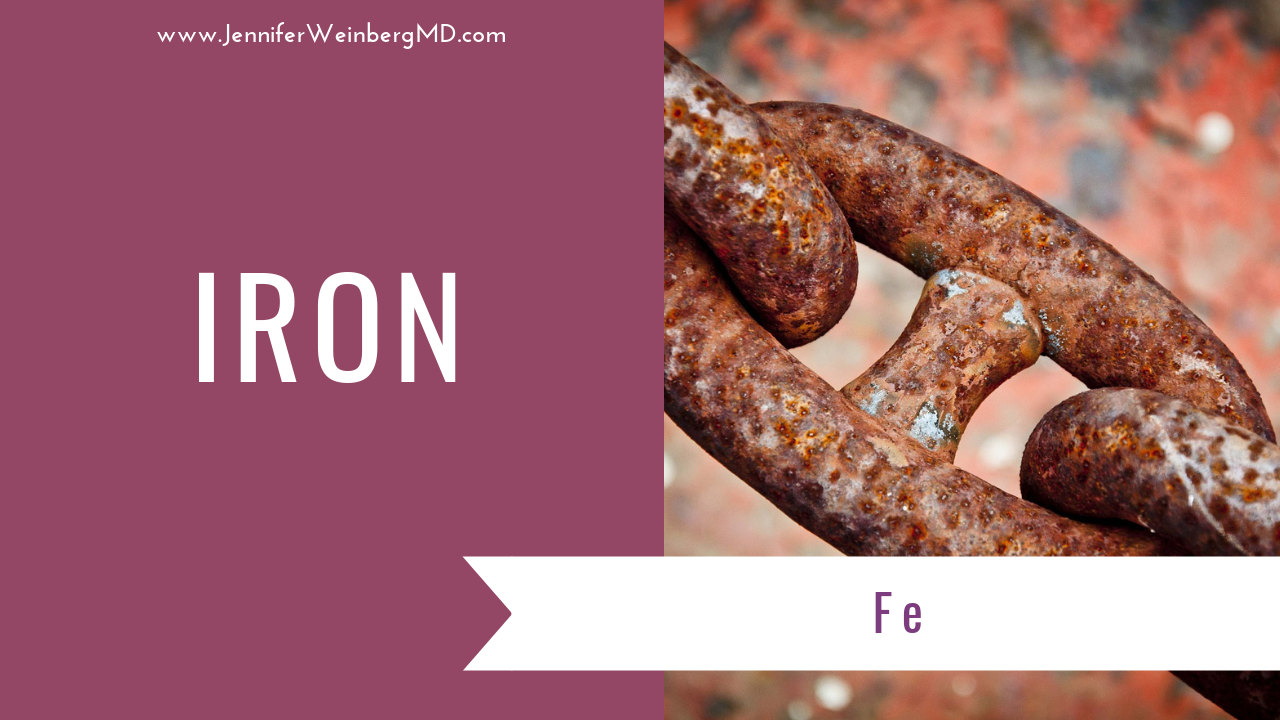
Iron deficiency is a common cause of anemia which frequently manifests as persistent fatigue. This is due to the fact that iron is needed to produce hemoglobin, a protein in red blood cells which transports oxygen to your cells.
Women of childbearing age women more frequently suffer iron deficiency because of increased blood and iron loss through menstruation. Iron deficiency can also occur in endurance athletes and those with malabsorption from various causes.
While free-range, dark red meats and organ meats such as liver and kidney are the richest dietary sources of iron, plant-based foods including dark leafy greens, legumes and whole grains can also provide a form of this nutrient. Since iron found in plant foods is a slightly different type which is less easily absorbed by the body, it is important to consume foods rich in vitamin C at the same time to increase iron absorption. It is also important to note that tannins in many teas can inhibit iron absorption.
For example. my Dandelion Salad with Mulberries and Pistachios with a Citrus Dressing {Vegan | Gluten-Free | Paleo} is a delicious way to help absorb plant-based iron!
Be sure to monitor your iron levels with your doctor since too much iron can be harmful as well.
B Vitamins Including B12
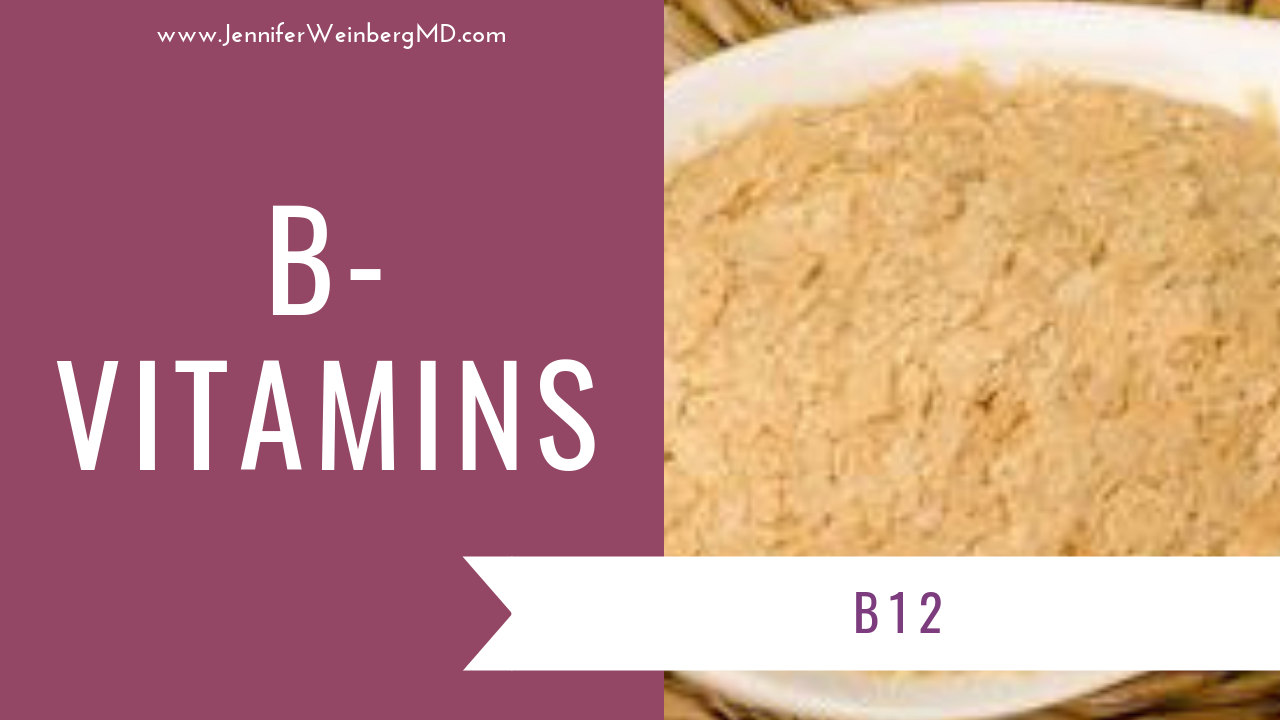
The B family of vitamins are needed for your body to convert nutrients into energy. These water-soluble vitamins include:
- B1 (thiamine)
- B2 (riboflavin)
- B3 (niacin)
- B5 (pantothenic acid)
- B6
- B12
- folic acid, and
- biotin.
These vitamins work together in the body to support energy production so imbalances or deficiencies in even one B vitamin can often compromise important biochemical reactions needed for transforming food into energy.
Vitamin B12 deficiency is particularly linked to fatigue, weakness and neurological symptoms as well as anemia, since vitamin B12 (cobalamin) is essential for red blood cell production. A deficiency in vitamin B12 may occur due to a diet lacking nutrient-dense foods, poor absorption of nutrition, low stomach acid, excessive alcohol consumption and other health issues.
Since vitamin B12 is synthesized by certain bacteria, it is primarily concentrated in predators located higher in the food chain. Foods which are rich in vitamin B12 include meats, poultry, fish and eggs. Vegan sources of vitamin B12 include nutritional yeast, certain fermented foods, algae, some mushrooms and seaweed, although it may be more difficult to absorb B12 from plant sources.
Omega-3 Fats
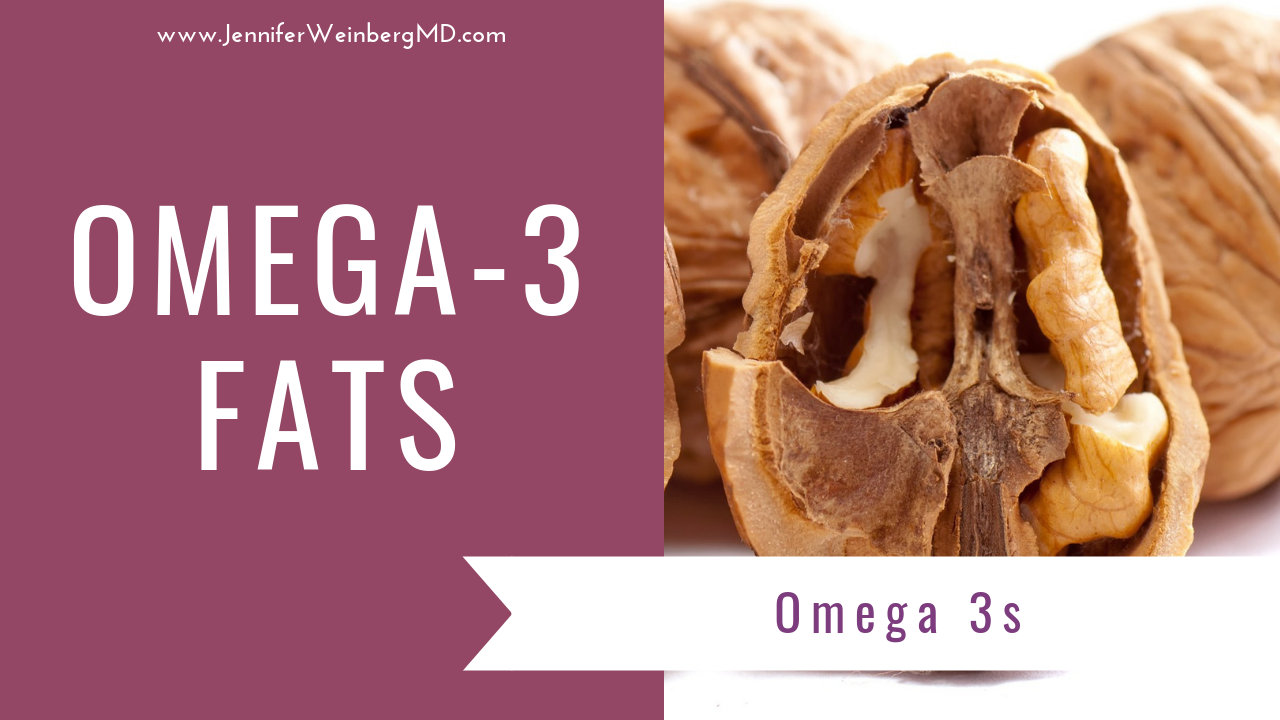
Omega-3 fatty acids are a type of essential fat which your body cannot make, so they must be consumed in the diet. An imbalance of omega-3 and omega-6 fatty acids can contribute to fatigue and inflammation.
There are two major omega-3 fatty acids that the body needs: eicosapentaenoic acid (EPA) and docosahexaenoic (DHA). EPA and DHA are the building blocks for hormones that influence energy, immune function, blood clotting, and cell growth.
Foods rich in essential omega-3 fatty acids include cold-water fatty fish such as salmon, mackerel and sardines as well as flaxseeds, chia seeds, hemp seeds and walnuts. Plant-based omega-3 sources, such as nuts and seeds, contain a precursor to these omega-3 fatty acids known as alpha-linolenic acid called ALA that the body must convert to EPA and DHA.
Here are some of my favorite gluten-free, vegan Simple | Pure | Whole Recipes which are rich in healthy fats:
- Simple Vegan Gluten-Free Energy Bars {Nut-Free, Gluten-Free, Vegan, Vegetarian, Dairy-Free, Egg-Free Recipe}
- Black Forest Chocolate Chia Pudding {Quick & Healthy No-Cook Vegan Gluten-Free Recipe}
- Homemade Hemp Milk Two Ways: Vanilla and Spiced Non-Dairy Hemp Milk Recipes
- Vegan Cauliflower Apple Walnut Soup with Turmeric (Grain-Free, GF, DF, EF, Vegan, Paleo, Sugar-Free)
Magnesium
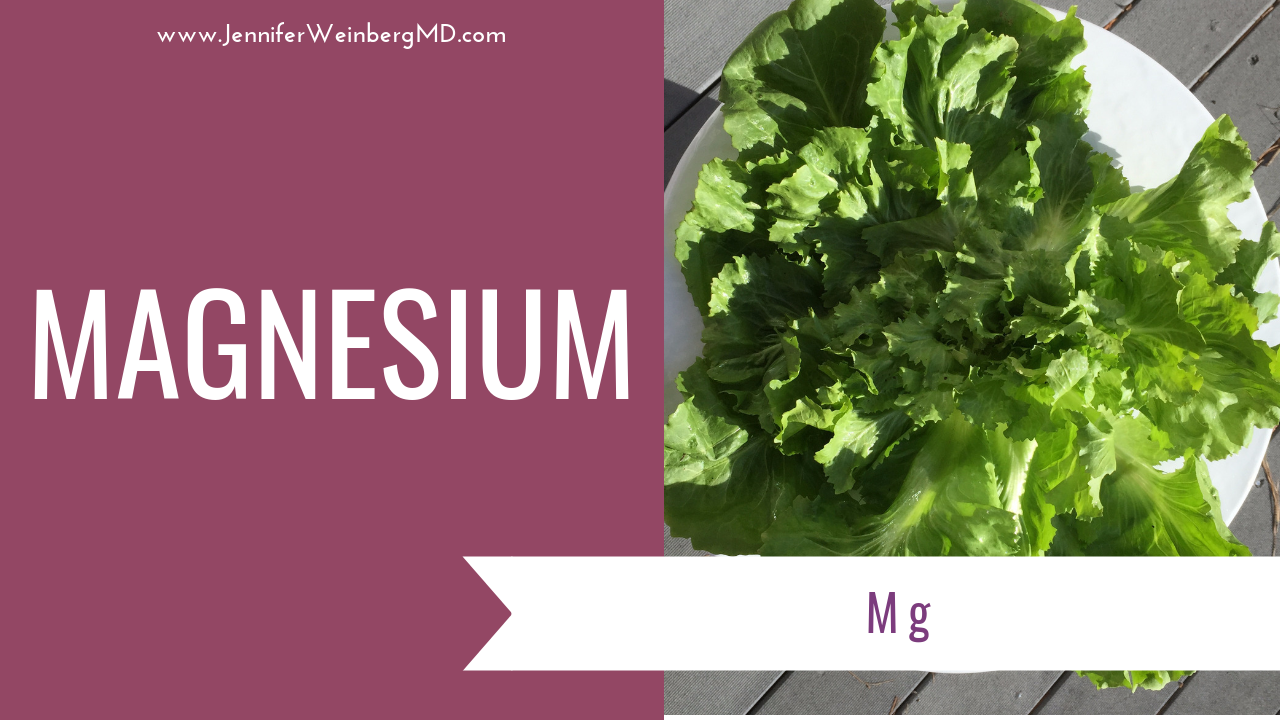
Magnesium is a mineral which is essential for cellular health and serves as a critical component of hundreds of biochemical reactions in the body including those involved with food metabolism and energy production. For example, magnesium is necessary for generating and storing the energy molecule ATP.
Magnesium deficiency is widespread. This is due to both inadequate dietary intake as well as increased depletion of this mineral which occurs in conjunction with caffeine and high sodium intake, intense stress and certain diseases.
Seafood, legumes, pumpkin seeds, figs, spinach and other leafy greens are all good sources of magnesium. Magnesium often works in conjunction with calcium in the body so these two minerals need to be in balance. Many whole foods provide both, such as kale, almonds and quinoa.
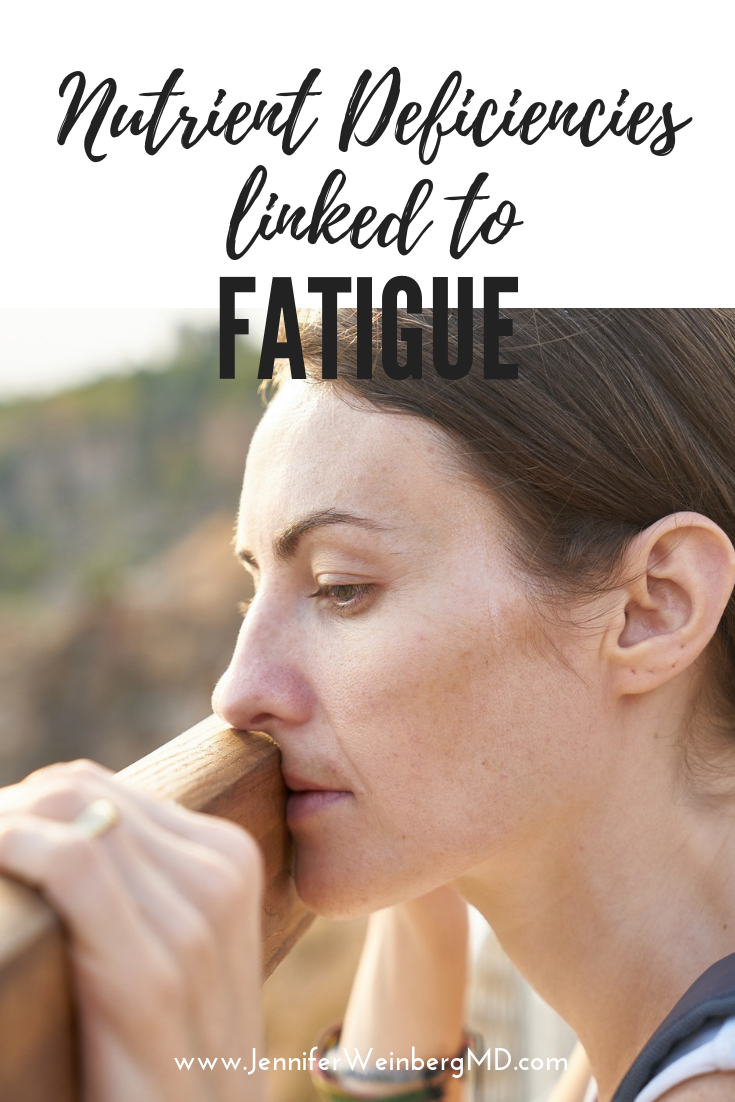
Consider these nutritional strategies to stay alert and awake throughout the day. Consistently consuming a balanced, nutrient-dense diet optimized for your unique needs can help you restore your energy levels!
Do you experience daily fatigue?
How do you eat for more energy?
I would love to have you in my Insider’s Community! Join for free to subscribe to my email newsletter and receive your BONUS of FREE Chapters from The Whole Cure: 52 Essential Prescriptions to Overcome Overwhelm, Reclaim Balance and Reconnect with a Life You Love! You can pick up a full paperback or Kindle copy on Amazon (affiliate link) for a wealth of insights, exercises and complete toolkit to help you uncover your true passions, authentic purpose and calm confidence as well!
To keep building your healthy lifestyle and best self through everyday habits, take the next step today to commit to a life you truly love and feel fully alive!
-
Pick up a copy of The Whole Cure (affiliate link) to build resilience and manage stress in a way that makes life flow with greater ease and joy!
-
Access guided relaxation exercises utilizing the power of the breath and mind here.
-
Join my next online group Whole Cure Lifestyle Transformation Programs to build more powerful coping strategies and skills for meaningful stress management and a calmer life! Contact me to form your own guided online group or register for the next scheduled online program!
Medical Disclaimer: Information provided in this post and related resources are for informational purposes only. Jennifer Weinberg is not providing medical advice, diagnosis or treatment information. The information is NOT intended as a substitute for the advice provided by your physician or other healthcare professional. Every body is unique so be sure to check with your healthcare professional before making any dietary or lifestyle changes taking any medication or nutritional supplement or using any treatment for a health issue. Do not use this information provided for diagnosing or treating a health problem or disease. If you suspect you have a medical problem please contact your healthcare provider promptly and do not disregard professional medical advice based on anything on this website. This website and related resources are not intended to diagnose, treat, cure or prevent disease and do not create a doctor-patient relationship between you and Jennifer Weinberg. These statements have not been evaluated by the FDA. These products are not intended to diagnose, treat, cure, or prevent any disease.
This post was shared with: Home Matters Link Party
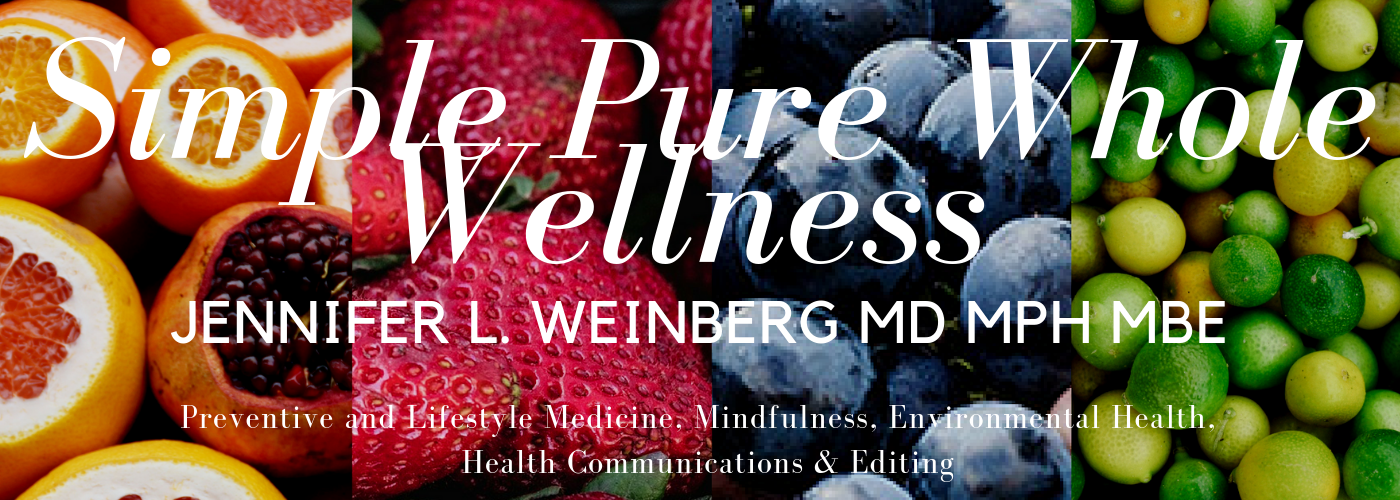




Comments